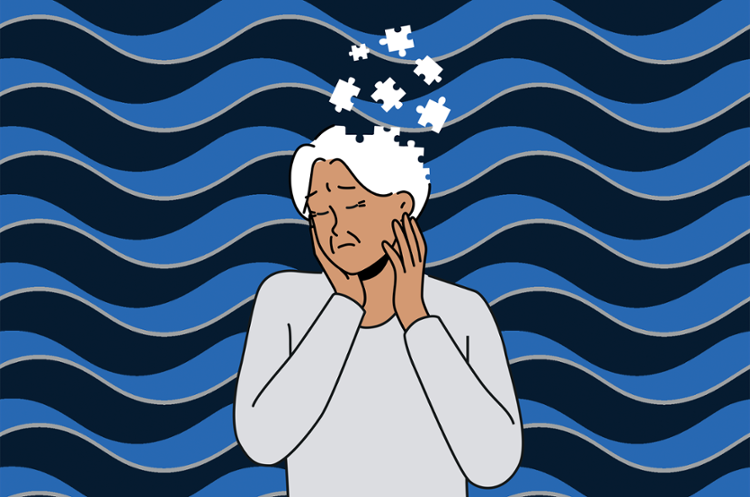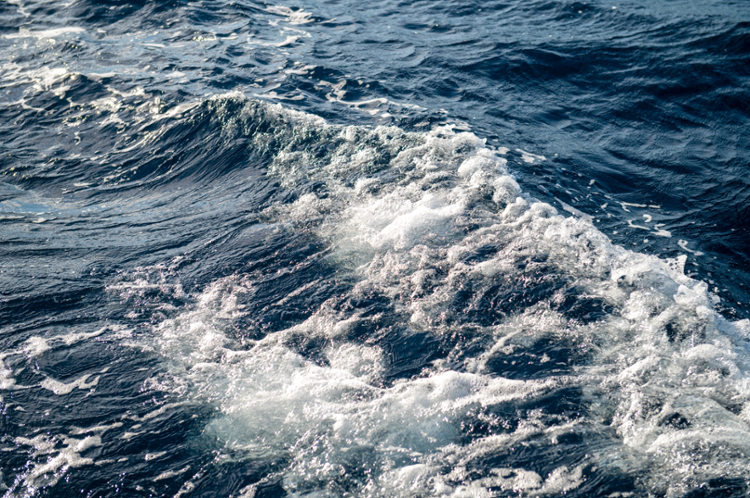HRI, A&M-Corpus Christi, and Coastal Bend COG Partner to Build Community Resilience
CORPUS CHRISTI, Texas – Harte Research Institute for Gulf of Mexico Studies (HRI) researchers are bringing their expertise in disaster recovery and mitigation to help Coastal Bend communities build resilience after disasters like 2017’s Hurricane Harvey and the COVID-19 pandemic, especially in small town and rural areas.
Texas A&M University-Corpus Christi signed a memorandum of understanding to establish the Regional Resilience Partnership (RRP) with the Coastal Bend Council of Governments (COG), an association of city and county governments across the 11-county area that surrounds the Corpus Christi metropolitan area.
The U.S. Department of Commerce Economic Development Administration (EDA) announced the RRP’s inaugural award this month, an $800,000 grant to develop a Geographic Information System (GIS) platform for Aransas, Bee, Refugio, and San Patricio counties that will aid in understanding economic risk and resilience in those areas. This EDA grant will be matched with $204,790 in local investment.
GIS is a technology that uses scientific data to help communities develop online mapping tools accessible to everyone to improve understanding of flood and other coastal risk factors when planning for future development.
The Partnership will also offer virtual training sessions for local stakeholders, help local governments secure and administer disaster resilience funds, and help the University apply existing science and data to real-world projects that will build the resilience of the Coastal Bend to better withstand disasters, including the COVID-19 crisis.
HRI Senior Research Scientist Dr. Katya Wowk leads the Partnership on behalf of the Island University. Wowk is an expert in strengthening community resilience and mitigating coastal hazard risk, and previously served in senior positions at the U.S. National Oceanic and Atmospheric Administration (NOAA), where she led efforts related to Hurricane Sandy recovery.
There are still billions of dollars in grants dedicated to helping Hurricane Harvey-impacted communities rebuild and prepare for future disasters, and now, even more aid is available to help communities recover from COVID-19. But basic challenges like people-power or access to expertise have been huge hurdles for small and rural communities struggling to get back on their feet, Wowk said, and they’re getting left behind.
“A lot of Coastal Bend communities are small, and there are few people available to do all the jobs needed for disaster recovery and mitigation,” Wowk said. “What we’ve seen and heard when visiting with officials around the region is that they don’t want or need another plan. Instead, they need technical expertise to fine-tune and implement existing plans, and people in the seat to do the job.”
To design the MOU, Wowk partnered with Coastal Bend COG officials, including Emily Martinez, Regional Disaster Recovery Manager, and state and federal officials, including Margaret Adams, FEMA Mitigation Specialist with the Texas Long-Term Recovery Office. The team consulted experts and looked at other examples of regional collaboratives around the country – partnerships between local councils, nonprofits, businesses, and even universities to help small communities gain the capacity needed to build resilience.
“This Partnership is very important to the COG and to our ability to provide technical assistance and support not only to those communities impacted by Harvey, but all of the 11 counties and 31 cities that make up our region and could benefit from resiliency planning,” Martinez said, “We’re very excited about this Partnership and the ability to bring the technical expertise, resources and people-power that the University can provide.”
The Regional Resilience Partnership is looking to expand its membership. For more information about RRP or future opportunities, contact Wowk at katya.wowk@tamucc.edu.








